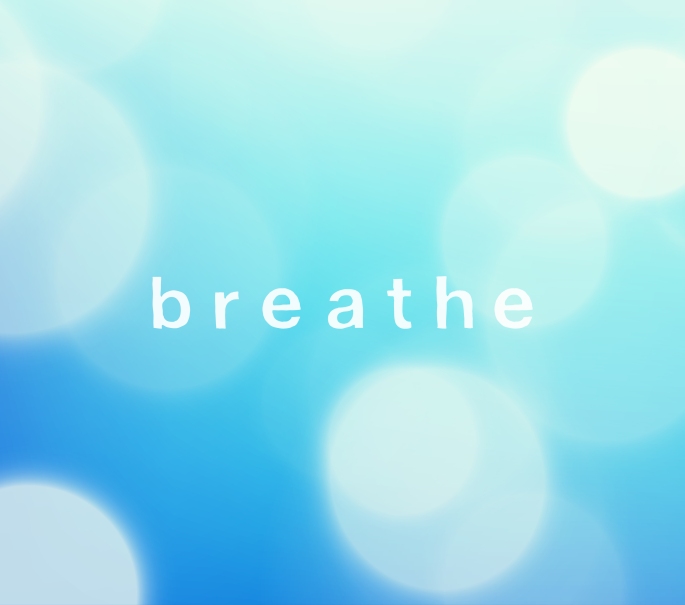
Hmmm. Shop or listen? The National Day of Listening is the Friday after Thanksgiving Day, a day many join the shopping madness on “Black Friday.” It seems a very appropriate day to, as an alternative to focusing on buying more stuff, focus on being with others and listening, really listening, to them. The National Day of Listening was launched by the national oral history project StoryCorps in 2008, now heard on public radio stations nationwide. From the StoryCorps website: “We do this to remind one another of our shared humanity, to strengthen and build the connections between people, to teach the value of listening, and to weave into the fabric of our culture the understanding that everyone’s story matters.”
Every day should be a day for listening.
Being a communication consultant for over 15 years, I know that listening (I have to work at this, too) is probably one of the most challenging parts of good communication. Good communication is an important element in building resilience and balance in life and creating positive and meaningful relationships of all kinds.
Not everyone is a good listener. In fact, really good listeners are, unfortunately, rare. But those who are good listeners are appreciated, respected and loved by those who know them.
The brain works by association, and it is very easy for your thoughts to make connections to either your own experiences that relate to what is being said or something that has an associative connection in some way with what is being said. But the problem with that is it takes our thoughts out of the moment with that person and brings the focus in our minds to ourselves instead of the other person. So, good listening is not a passive activity but rather a very active one–one in which intent and focus (to keep bringing ourselves back into the moment with that person) are required. A few of the things needed for good listening are: awareness, focus, compassion, generosity, patience, and mindfulness.
Here are some important tips and reminders for being a powerful listener:
- Stay in the moment with that person and what they are saying. If your mind wanders for a moment, bring your focus back to that person, breathe slower through the area of your heart with the intent to really hear the other person.
- Listen compassionately. Suspend judgement, and listen with your heart. Look for what you may have in common instead where you may not agree. The more judgmental one is, the shorter the conversation may end up being, and will leave an impression of separation instead of unity with the one who was sharing with you.
- Try to be aware of talking less and listening more. Avoid turning the conversation around to make it about you. If you find yourself using “I” and “me” a lot, try using them much less and make the conversation about the person you are listening to.
- It can help to enrich a conversation by using the answer to a question you may ask the other person as a basis for the next question. When what you are saying is connected to what you are hearing, it will assure the one who is talking with you that you’re really listening and encourage more sharing.
- Please try to avoid relating their experiences to yours, “I’ve experienced that, too!” While this can be an attempt to relate to the other person and show understanding (and have good intentions behind it), it can turn the conversation around to be focused on you. If you find you have done that, turn the conversation back to the other person as the focus.
- Use non-verbal communication that shows the other you are hearing them. Doing things like , nodding “yes,” eye contact, or leaning toward them across a table let the person know that you are listening and with them.
- Try not to offer solutions or help, at least not right away. Wait to be asked for your opinion. If you aren’t asked, don’t offer it or ask them first if they want your perspective before giving it. Many times people just want to be heard. They don’t need someone to rescue them or solve their problem.
- Be encouraging and patient. Please don’t interrupt.
Give the gift of your undivided attention to others, they will appreciate your gift from the heart!
© Copyright 2015, Mary Claire O’Neal
Mary Claire O’Neal is a Heartmath® Certified Trainer and Coach, communication and leadership consultant, and Author of the Award-winning book, Becoming What You Want to See in the World.
For more information: http://lifeworkresilence.com




You must be logged in to post a comment.